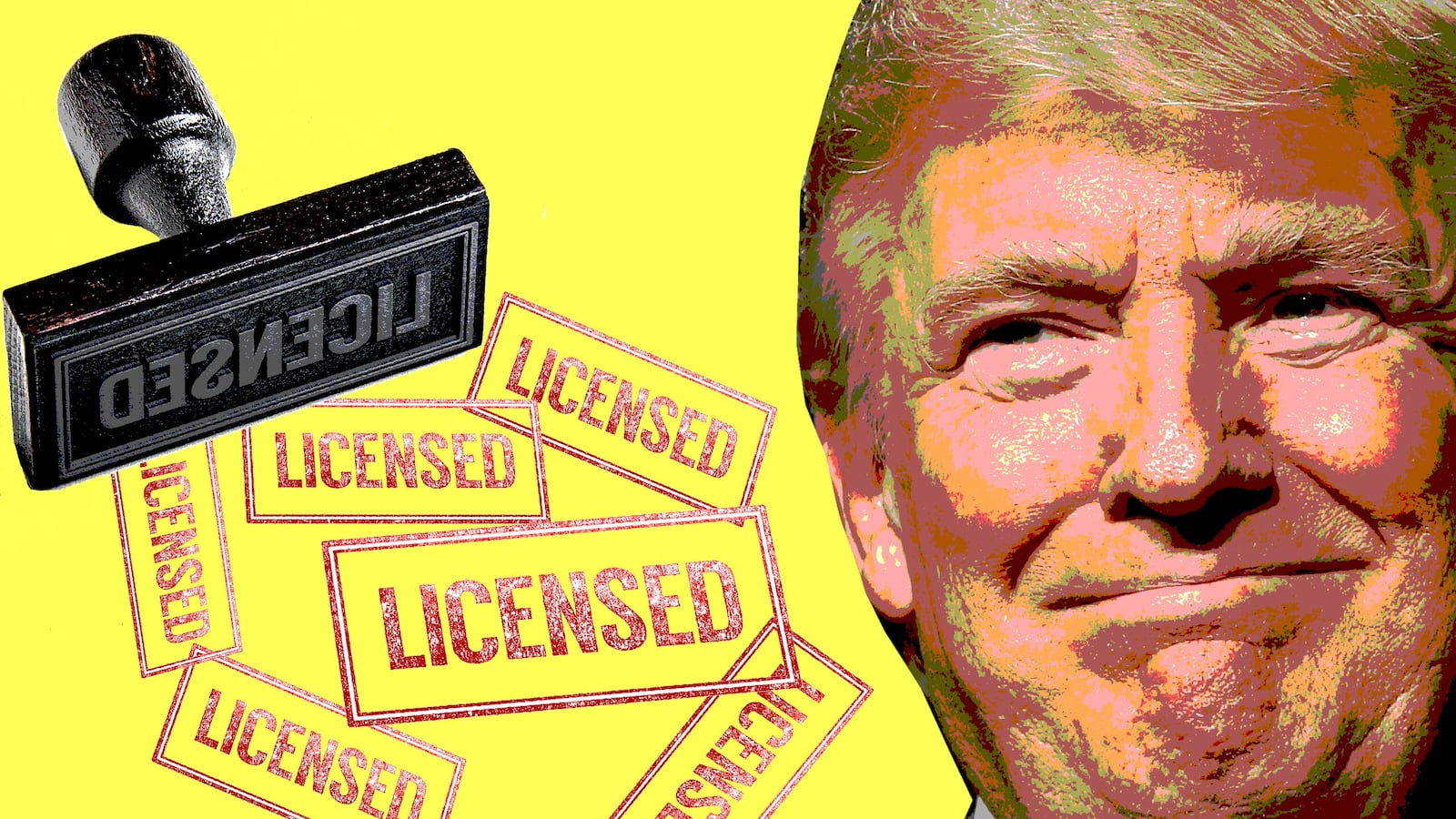There is a clear tide turning in this country toward reducing the size of government and easing regulations that are seen as burdensome on small and large business owners. President Trump has said he will eliminate or severely curtail the activities of the EPA, and on March 27 he signed a bill overturning Obama-era education regulations. A Harvard Business Review analysis this week argues that it is DOT regulations about bumping passengers that partly led to the United Airlines fiasco last week.
I am not going to weigh in on the role of government regulations in the larger sense, but I am concerned about a form of regulation that ensures the public safety: professional licensing.
I worry that many policy makers are promoting views that will undermine safety in our country, and that these views are being considered as realistic alternatives when they are not. A former Reagan administration attorney, and President of the Institute for Justice Chip Mellor recently argued that "from music therapists to funeral directors, licensing schemes keep out competition." Is this reasonable or is it going to far? I believe that this stance endorses a childish and simplistic view of government regulation. Few of us would walk onto an airplane that has been serviced by an unlicensed mechanic, nor consent to surgery by an unlicensed surgeon in an unregulated hospital. Licensing standards exist to ensure professionalism and quality. Opponents see these licenses as a burden on the economy, and the certification requirements as a means to protect those already working in the field by keeping others out. But clearly, keeping others out is the whole point if those others are poorly trained, incompetent, or have performed negligently on the job.
There are many industries in which licensing standards seem arbitrary or irrelevant to the job. Business Insider published a list a few years back of some of the stranger ones, such as the Texas law that requires any computer technician to have a private investigator's license, and a one year jail penalty can be applied not just to an unlicensed technician but anyone who hires him. Or the Philadelphia law that requires bloggers to take out a business license. Oddly, two industries that have been trotted out as requiring unnecessary licensing are cosmetology and music therapy.
A quick Google search on "cosmetology lawsuits" reveals 200,000 hits. Untrained people working with sharp instruments that occasionally draw blood need to be trained in appropriate disinfectant and first aid techniques. One can't expect anyone who desires to enter the field to have this knowledge a priori. One might argue that the free market would eventually smoke out the incompetent. But there can be a long line of injured parties before that happens.
The second example is one close to my own area of expertise as a neuroscientist specializing in music's effects on the brain. Music therapists, like physical therapists and psychotherapists, work with America's most vulnerable and at-risk populations. The American Music Therapy Association (AMTA) defines music therapy as "the clinical and evidence-based use of music interventions to accomplish individualized goals within a therapeutic relationship by a credentialed professional." The field has a rich 60-year tradition, with roots in the treatment of World War 1 and World War 2 veterans. Therapeutic protocols are based on scientific research with randomized controlled clinical trials. When a child is undergoing bone marrow transplants for cancer, and is seeking to reduce pain and anxiety, music therapy may be more effective then Valium (as some studies have shown in generalized surgical settings) and doesn't have the addictive properties or side effects. But the therapist has to know what he or she is doing, and the child's safety and comfort are otherwise at risk.
Of course, not all music therapists are effective, just as not all psychotherapists are. But without licensing, all manner of unproven techniques could be employed, opening the door to quacks, hacks, and anyone who lacks an understanding of scientific psychology and medicine. In the worst case, psychological harm can be done to vulnerable patients, not to mention the harm to a patient delaying proper treatment. In fact, this is what happened to Steve Jobs: convinced that so-called "alternative therapies" (read: unproven) would cure his pancreatic cancer, he delayed proven treatments until it was too late.
The estimated 7,000 Board Certified Music Therapists in the U.S. undergo strict education and training requirements that are not new and qualify Board Certified Music Therapists (MT-BC) to practice side-by-side, and communicate and share treatment records and outcomes with other credentialed and licensed health professionals. They serve in America’s hospitals, schools, nursing homes, forensic hospitals, military and veterans’ health facilities, and communities. Every MT-BC is obliged to adhere to a defined scope of practice and, as members of their professional association; they must adhere to Standards of Practice and a Code of Ethics, similar to nurses, doctors, and other health professionals. I know of no evidence that music therapy licensure has increased the costs of services.
Licensing protections have become an essential element for our healthcare and education systems. I agree that many of the licensing requirements in place may need to be revisited, and certainly some industries engage in cronyism or obfuscation. But music therapy seems like an obvious example were we, as a society would want licensing as a way to insure proper training. This would apply to cosmetology (to prevent infections and the transmission of disease), funeral homes (to properly honor the dead), and dieticians (to prevent quackery). Licensing should also apply to colleges through accreditation, to prevent unscrupulous profiteers from offering an unaccredited education that does not meet accepted standards. Licensing of music therapists has been called a regulatory bottleneck by opponents. But the real bottleneck to the economy occurs when we the public get harmed, either financially or physically, by those who lack expertise. The best defense against that is for each of us to learn to apply critical, evidence-based thinking. And our government can help by continuing to support licensing where it matters. Licensing is a sound way to ensure that we don't get taken advantage of by the unscrupulous or the unqualified.
Daniel J. Levitin, PhD, is Founding Dean of Arts & Humanities at the Minerva Schools at KGI. His newest book is Weaponized Lies: How to Think Critically in the Post Truth Era.





